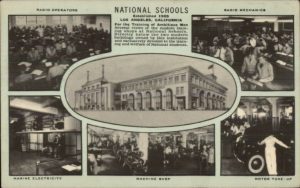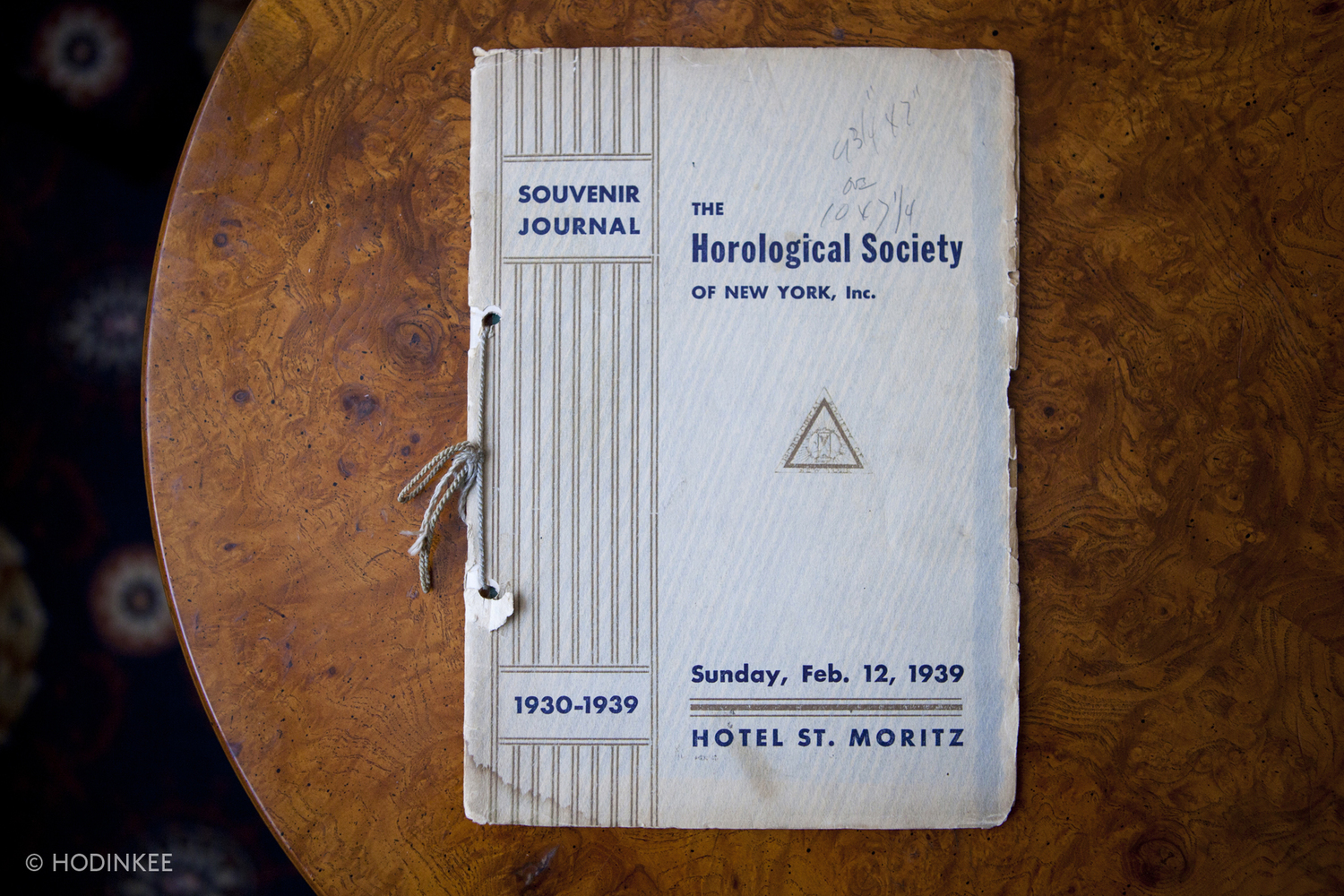

Plenty of watchmakers here can tell you about their first year experiences and how (Probably) mentally draining it was. and then be told to start again because you messed up. You need to be told Heres a saw, file, block of brass. You need to show the instructors two things- You understand exactly what the program will demand of you mentally, and show you REALLY want it.

Last time I heard from the school, still more available jobs than qualified watchmakers, even considering the current state of the world. and I don't live in a high cost of living area.
#Los angeles horology school free
If you have any more questions, please feel free to ask! You will never stop learning and being tested in the industry, there are always new movements which require brand training and certification testing on. Staying ahead in the industry is about having a commitment to best practices, and constant training and learning. Staying ahead in the industry isn't really about the certification, that's just to prove you aren't useless, and have a good base.
#Los angeles horology school full
There are other full time programs in the US but they either cannot actually be applied to (the Patek school), or I know nothing about and thus cannot recommend. In summary, the schools I can personally say, with confidence, are worth applying to: Paris TX Lititz Watch Technicum Watch Technology Institute IOSW Avoid any program that is not a full 2 years. Avoid the Hayek school in Miami, it is not a full program any longer, and you will end up as a watch technician, doing case prep or movement swaps rather than actual watchmaking. WTI and Lititz both offer the SAWTA certification.Īvoid any program that does not give you either the SAWTA or WOSTEP certification. Admission isn't as competitive as other programs because of the tuition cost associated with the program being part of a public college, but, luckily for you that doesn't matter. Most students are second or third career, and ex-military is very common. WTI in Seattle is probably the school I'd recommend you apply for. Quality of education I'd say is probably the best in the country. Also, there is a definite bias towards younger students, with strong bias towards highschool graduates. However, other important factors that are looked for are reasonable social skills, good and healthy motivations, reasonable expectations, and commitment to sticking throughout the course of study.Īs far as Lititz specifically, the program is actually free, and thus much more competitive.

The results of your bench test has a pretty direct impact on your likelyhood of getting admitted. Cannot comment on mid-career pay as I've just graduated school, but I can promise you can definitely get 50k out of school if you are willing to move and work for a jewelry store which has parts accounts with Rolex or other major brands, or working in a brand-owned service center.Īs far as admission goes, you generally will have to pass a bench test. Starting at 50k is not at all unlikely, though it will vary with location and cost of living. NASA likes to pick up watchmaker grads too for micro mechanic spots. Learn to spin down a balance and bend hairsprings and you'll always have work. It won't be glamorous and you'll change a lot of batteries that first year but the other information you'll get from a good watchmaker will be invaluable. You won't learn nearly everything you need to know in school and it's typical to get the remaining skills you need by apprenticing for at least year. I don't know much about it but might be worth looking into. Admission is fairly competitive and not many are accepted on a year basis. Schools like the one in TX and FL don't charge a tuition. It's handy to have if you want to become vendor authorized for parts and repair accounts in the future. The test itself takes a few days and requires your own tools. It's difficult to get the classes aligned with AWCI.


 0 kommentar(er)
0 kommentar(er)
